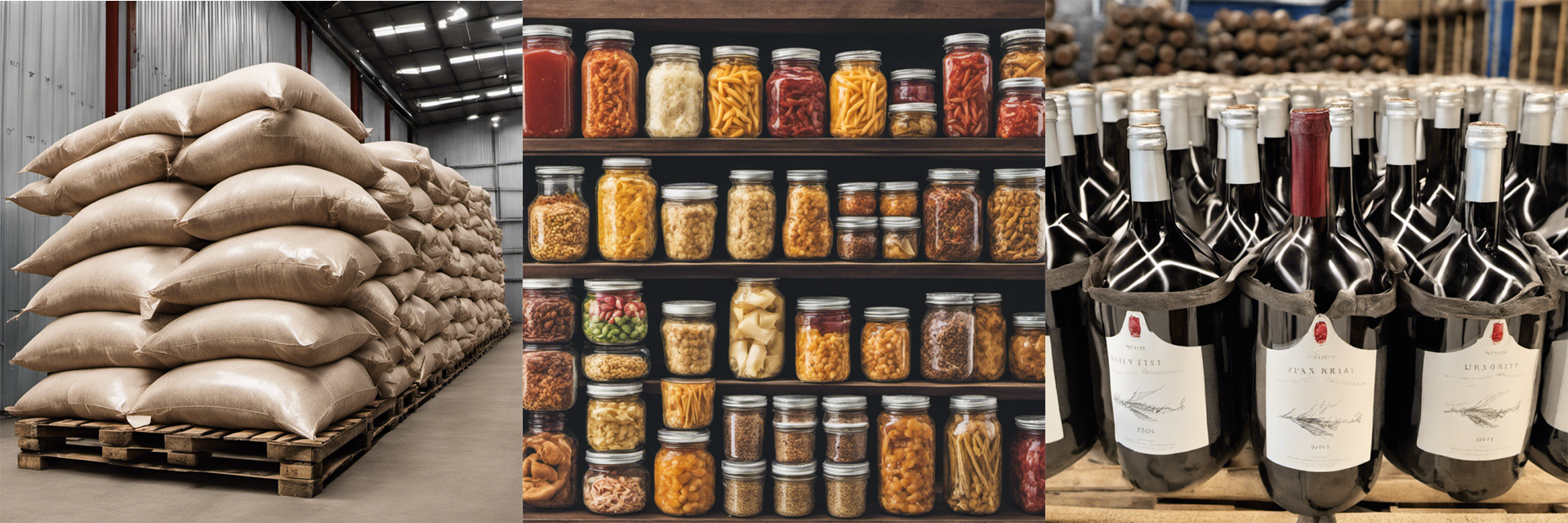Food waste resulting from shipping containers exposed to high heat is a multifaceted issue that encompasses various factors.
Types of Foods Affected:
- Perishables: Foods such as fruits, vegetables, meats, dairy, and seafood are most at risk.
- Processed Foods: These can include foods with limited shelf lives or those that have temperature-sensitive ingredients.
- Grains and Legumes: While generally more stable, they can still be affected, especially by mould growth with temperature and humidity fluctuations.
Consequences of Heat Exposure:
- Spoilage: Heat can cause rapid bacterial growth, leading to spoilage.
- Loss of Nutritional Value: Some nutrients in food, especially certain vitamins, can degrade when exposed to heat.
- Mould and Fungus Growth: Humidity and heat inside the containers can promote the growth of mould and fungus.
- Alteration of Taste and Texture: Heat can cause changes in the taste and texture of foods, making them unpalatable.
- Chemical Changes: Some foods can undergo chemical changes when exposed to heat, leading to the production of harmful substances.
Economic Impact:
- Losses for Producers and Retailers: Spoiled goods can't be sold, leading to direct financial losses.
- Increased Costs: Replacing spoiled shipments or compensating customers increases costs.
- Price Fluctuations: Inefficient supply due to waste can lead to price volatility in the market.
Environmental Concerns:
- Wasted Resources: Think of all the resources (water, soil nutrients, labour) used to produce food that ends up wasted.
- Greenhouse Gas Emissions: Decomposing organic waste in landfills emits methane, a potent greenhouse gas.
- Increased Carbon Footprint: Energy expended in producing, transporting, and then disposing of wasted food contributes to a larger carbon footprint.
You can read our BLOG here how you can mitigate the high temperatures inside shipping containers.
And you can contact us using the form below, and we will be only too happy to advise the best solution for you.


